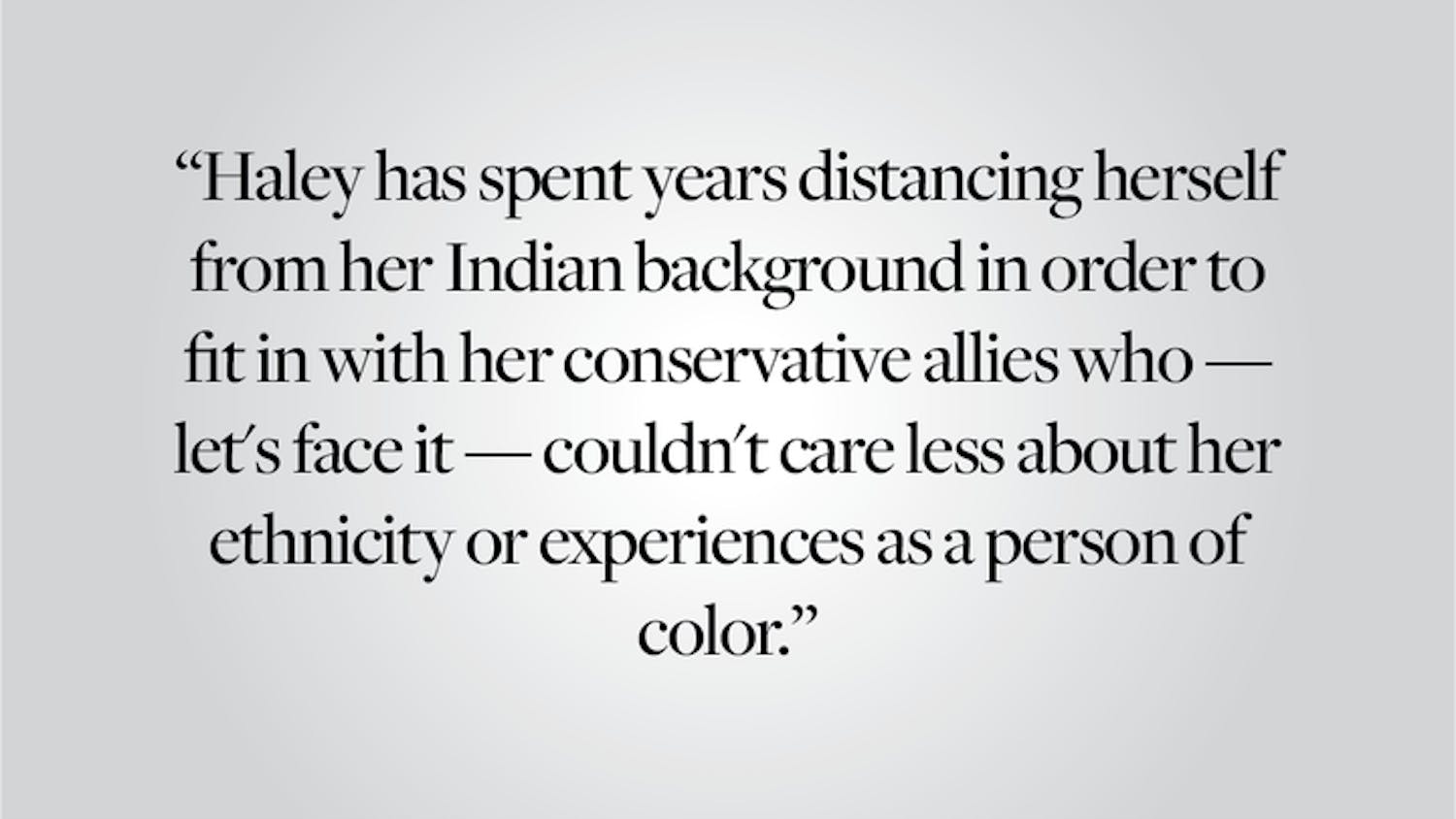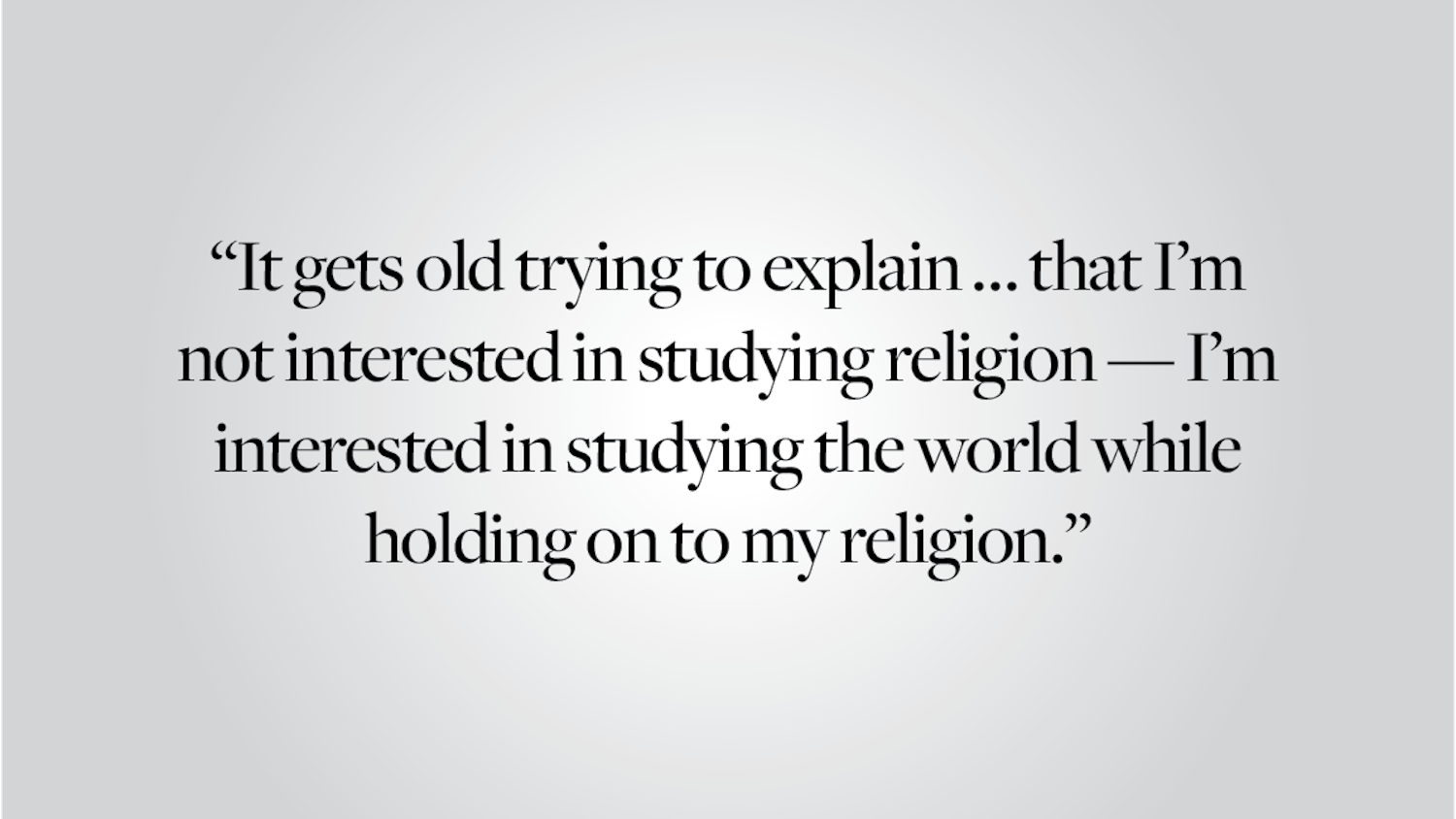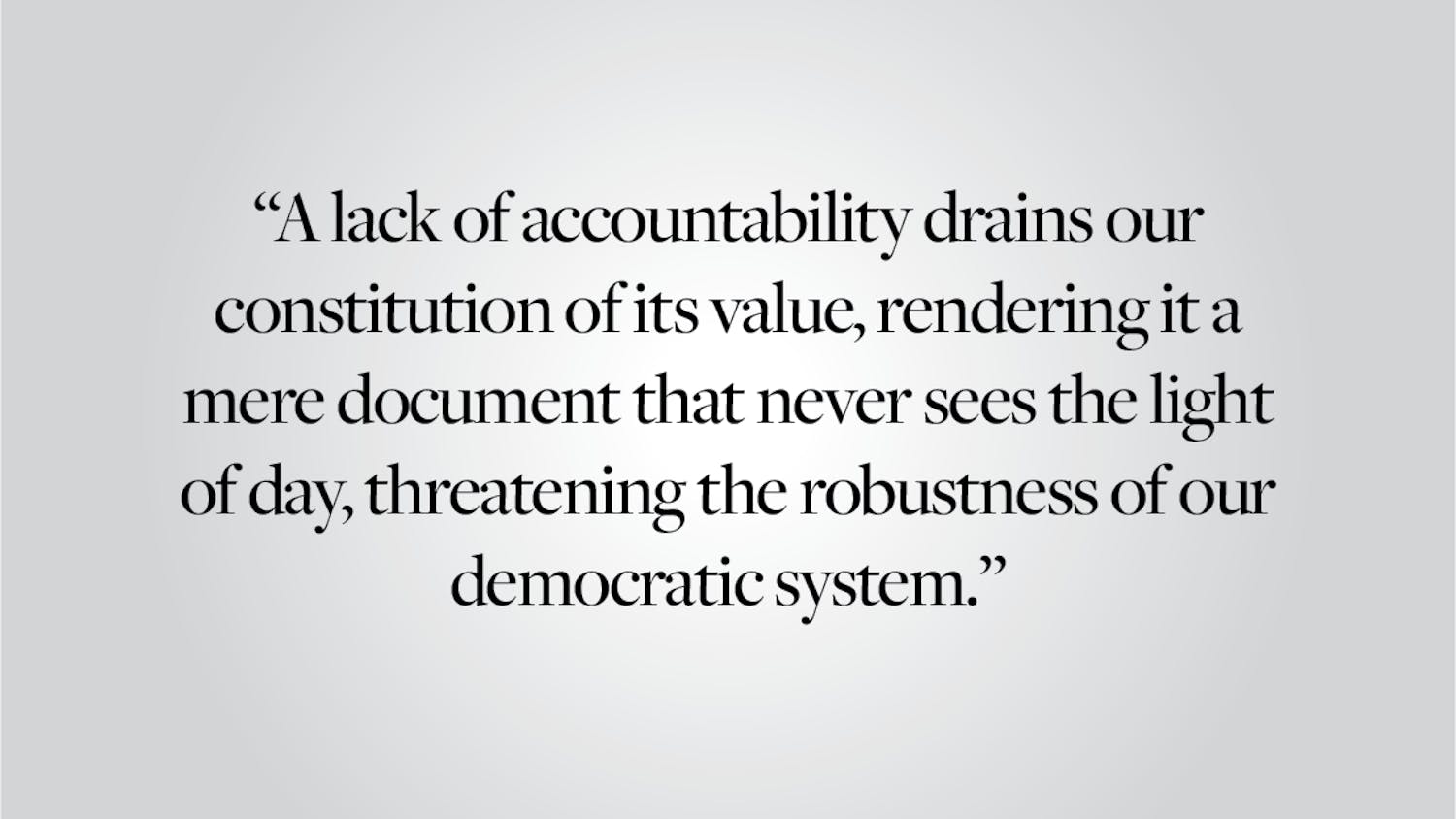The decision to close the Undergraduate Council of Students meeting to create a “safe space” for the student government — and thereby expel the press, specifically The Herald, as well as any other members of the public — is extremely troubling. The idea of applying social justice principles — which generally aim to protect historically mistreated groups of people, such as immigrants, gender and sexual minorities and people of color, from the abuses of those in power — has been shamelessly co-opted to prevent criticism of the student government. It is simply egregious that the members of UCS would hide their discussions of sexual assault — a massively topical issue at Brown and elsewhere.
What makes this more troubling is that the current UCS government has not been shy in confronting controversy, as seen in its relentlessly progressive activism on behalf of the student body and attention from national media such as Fox News. Therefore, I am left asking what UCS President Viet Nguyen ’17 and the UCS general body want to hide by having a discussion behind closed doors regarding the issue of sexual assault and undoubtedly more controversial issues to come. It is not unreasonable to speculate that UCS wishes to prioritize pushing its own agenda without the pressure of fully representing the views of the greater Brown community. This would give UCS the freedom to make choices that could prove unsettling even to the generally liberal Brown consensus. But UCS should be embroiled in controversy while publicly discussing the problems facing Brown; they should receive with the entire community’s input and criticism, rather than dictate purported solutions developed inside the UCS bubble without any community buy-in.
As a means of deflecting the inevitable criticism of UCS’s lack of transparency, Nguyen noted that it only takes 100 signatures to become a member of UCS and that he is available for direct contact by email. These excuses are patently ridiculous. Not only would UCS be woefully incapable of involving a significant fraction of the student body in its proceedings — should they actually attend — but by holding meetings in confidence, Nguyen shamelessly disenfranchises community members who are unable to be present due to personal, professional or academic commitments. Any direct communication from the extensive number of UCS’s constituents would overwhelm Nguyen’s email inbox; any communications UCS would send to the community would be a narrative constructed by — and inevitably be favorable toward — UCS. It is through The Herald that the typical member of the community can sift through the drudgery of a UCS meeting to learn about its discussions through a neutral and critical lens. By shutting out the press, UCS is making a clear decision to create an uninformed Brown community that is only presented with the sanitized official version of the proceedings. The Herald has provided an invaluable role in criticizing the actions of those in power, whether they be sports coaches, administrators, student societies or members of UCS. It should be allowed to continue acting as a powerful and independent free press rather than shunned as an unwelcome critic of those who have elected to be in the public eye.
There obviously exist situations where discretion must be taken during UCS proceedings. As one straightforward example, there exists a precedent — both at Brown and in the country at large — to hide the identity of witnesses and victims in judicial proceedings in order to protect their safety and privacy. Therefore, circumstances where closed meetings are warranted certainly do exist, as evidenced by UCS’s prior, albeit very sparse, use of those sessions. But there should be clear and strict requirements for closing a meeting, and UCS could also release anonymized meeting transcripts.
The sense of entitlement that permeated the view of Nguyen and UCS members toward their so called “safe space” was the most painful part of the article to read. If Nguyen and other UCS members do not wish to deal with criticism of their views, then they should not have chosen a role in student government in an era where student activism and vibrant debate on college campuses are as prevalent as they have ever been. The criticism that UCS is trying to avoid through its cowardly actions is what Nguyen and his shameless colleagues have signed up for, and it is the exact sort of criticism that they have often rightfully lobbed at the Brown administration. It is the stunning hypocrisy of UCS’s activist government — in accurately criticizing the status quo of the community while simultaneously shirking accountability at the hands of the press — that I find so frustrating. Universities, especially one with a pedigree such as Brown’s, are meant to create the next generation of leaders, and when those so-called leaders use a false shroud of social justice and moral righteousness to preemptively silence dissent, I grow ever more worried about the future of our society.
Matthew Shorter ’17 can be reached at matthew_shorter@brown.edu. Please send responses to this opinion at letters@brondailyherald.com and other op-eds to opinions@browndailyherald.com.




